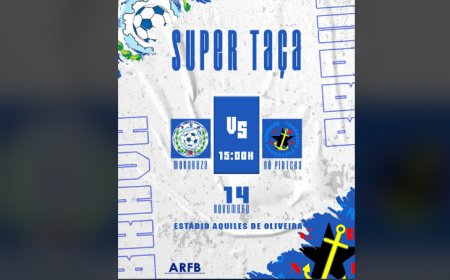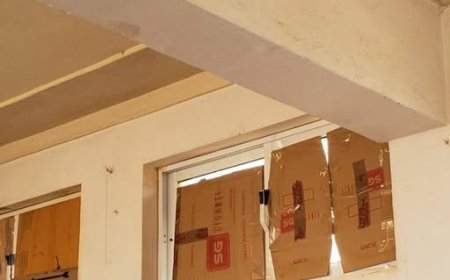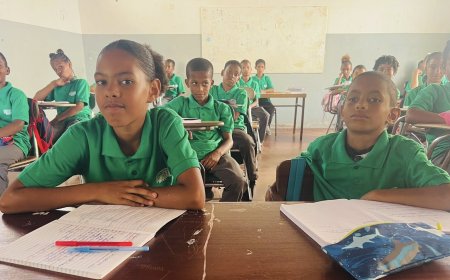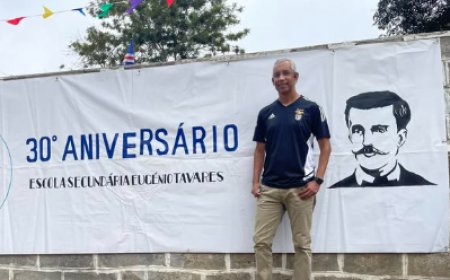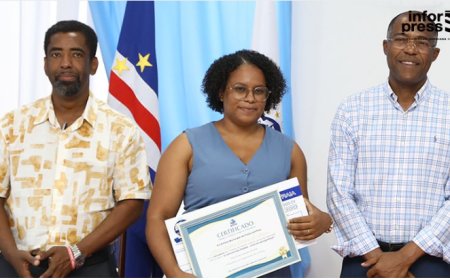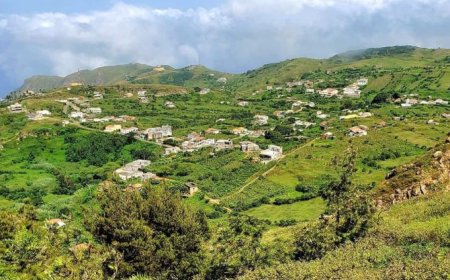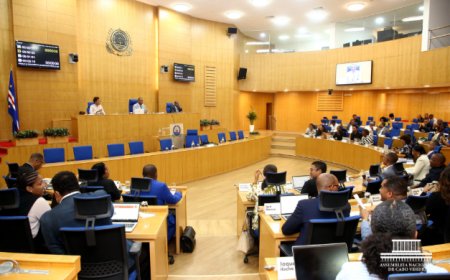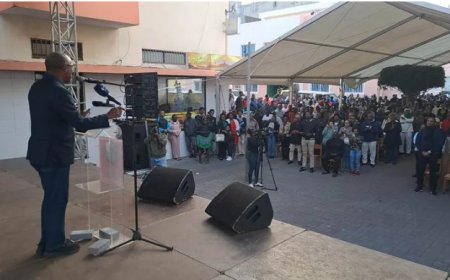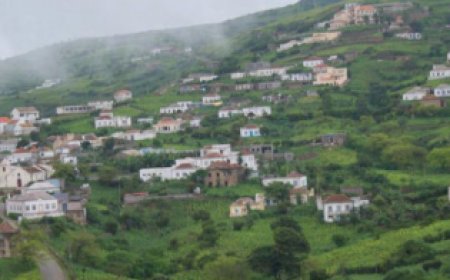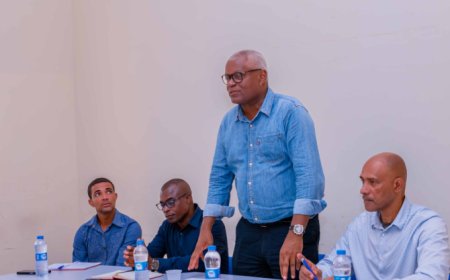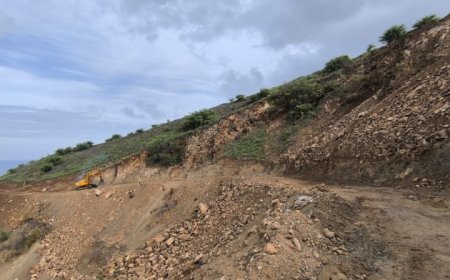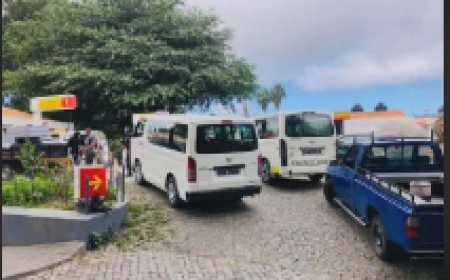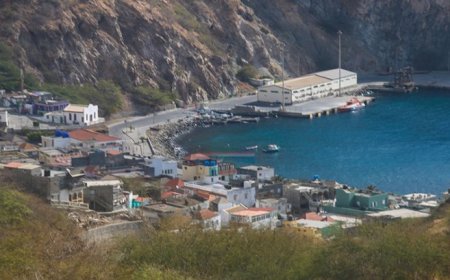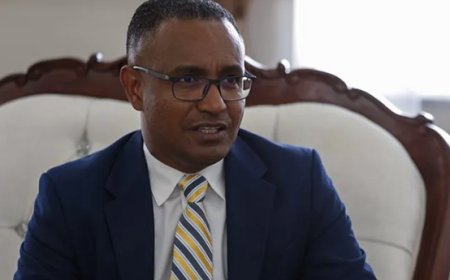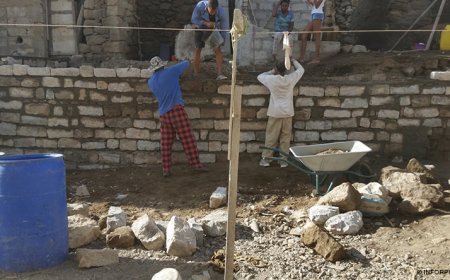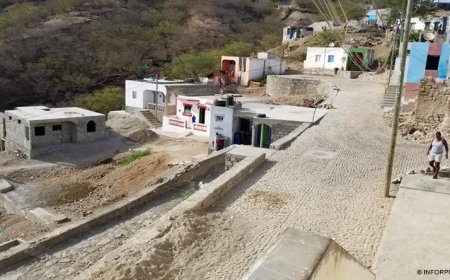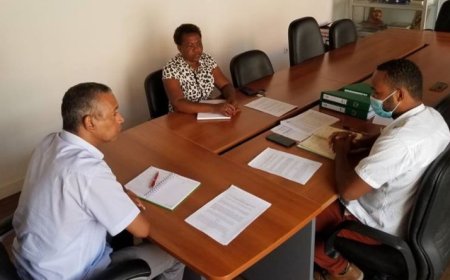Brava: Project for the Conservation of Endemic Plants on Brava Island aims to work on environmental education
The environmental association Biflores has an ongoing project for the conservation of endemic plants on the island of Brava, with a view to working on environmental education in schools and in all communities on the island.
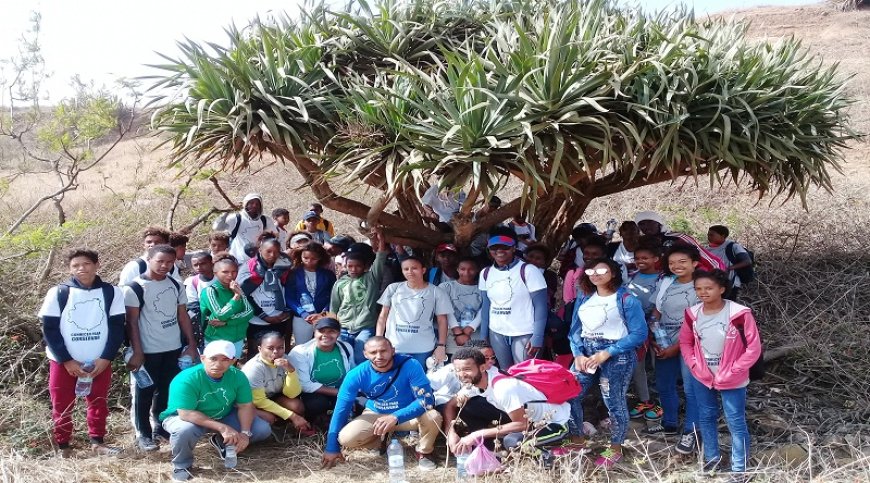
The environmental association Biflores has an ongoing project for the conservation of endemic plants on the island of Brava, with a view to working on environmental education in schools and in all communities on the island.
This information was advanced today to Inforpress by the project leader, Ivanildo Correia, explaining that it lasts for one year, remembering that before this, an inventory had already been made with the survey of endemic plants on the island.
The project, which aims to work society in terms of preserving the environment and, above all, endemic plants, also intends to make the island known both nationally and internationally, in terms of such plants.
Ivanildo Correia added that the project was being developed in partnership with some government entities on the island, with a view to achieving the expected results.
Asked about the endemic plants on the island, the official said that with the inventory they managed to survey three species, including the Dragon Tree (Dracaena Draco), Marmulano (Sideroxylon Marginata) and Date Palm (Phoenix Atlântica).
With regard to funding, he explained that after surveying the plants and taking into account the state they are in, they submitted an application to Fauna and Flora International (FFI) and Critical Ecosystem Partnership Fund (CEPF), where they obtained funding of 20,000 dollars to carry out this project for one year.
For the conservation of endemic plants on the island of Brava, they chose the hydrographic basin from Fajã d´Água to the town of Fontainhas, to carry out a plan of activities together with the schools on the island, with a view to carrying out scientific work involving the students.
According to the same source, first they intend to catalog the existing plants in the basin, and later move forward with the plan to acquire hectares of land to carry out reforestation.
Taking into account its objectives, the project intends, in addition to reforestation, to create a nursery in each school and a small flowerbed, where competitions will be held, thus encouraging the participation of all students and teachers.
The idea, he explained, is that each one adopts a plant that they will take care of during the time they stay at school and when they are leaving, they will choose a new colleague who will pass on the responsibility of taking care of the plant.
At the moment, some members of the group are on an exchange with the agents of the Serra Malagueta Natural Park, to find out how the nurseries work and learn how to make herbaria.
MC/JMV
Inforpress/end







